ZK-Proofs on Bitcoin, Brought to You by Bitfinity: Because Bitcoin Loves a Good Secret
Unlock the secrets of Zero-Knowledge Proofs and their transformative potential in Bitcoin and the broader cryptocurrency landscape. Dive into our in-depth analysis and discover how privacy, scalability, and security are being redefined.
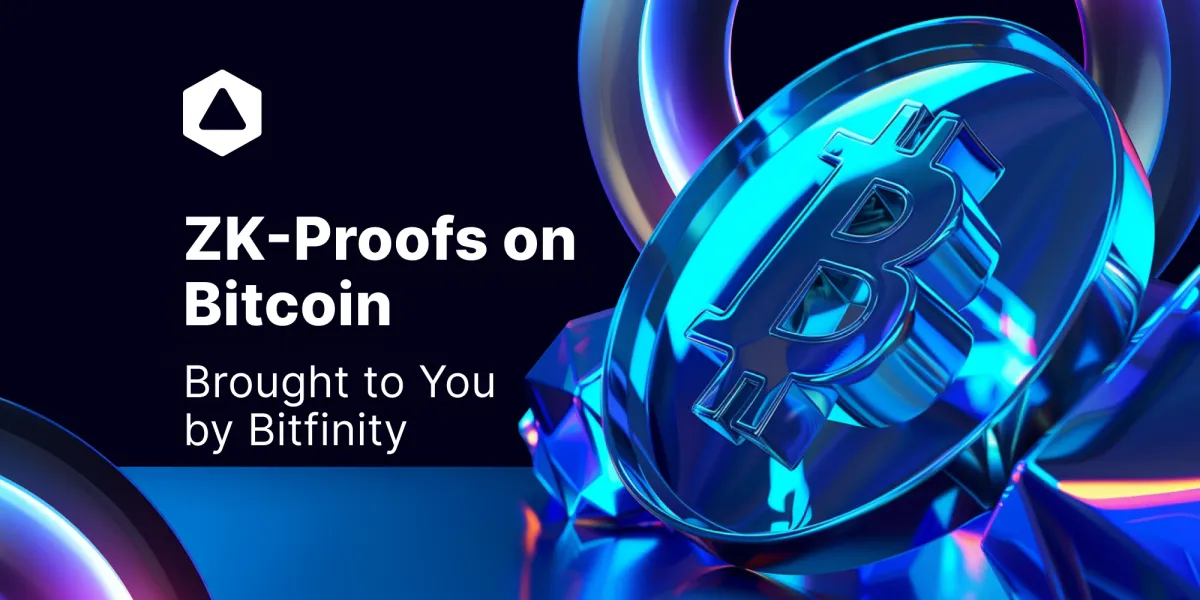
Zero-Knowledge Proofs (or ZK-proofs) have gained much attention within the cryptocurrency industry due to their ability to ensure personally identifiable information (PII) remains protected and private.
The potential integration of Zero Knowledge Rollups (or ZK-rollups) into the Bitcoin protocol is seen by many as a significant first step towards bringing the benefits of ZK-proofs to the Bitcoin blockchain. However, for those new to the concept, it's natural to wonder: what exactly are ZK-proofs?
Let's explore what these new technologies are, how they work, and what their capabilities are regarding the Bitcoin blockchain and how this relates to Bitfinity.
What Is a Zero-Knowledge Proof?
A Zero-Knowledge Proof is a cryptographic protocol that enables one party (the prover) to establish the validity of a statement to another party (the verifier) without revealing any information beyond the validity of the statement itself.
This protocol was first introduced by computer scientists Shafi Goldwasser, Silvio Micali, and Charles Rackoff in a 1985 paper titled "The Knowledge Complexity Of Interactive Proof Systems". We see that the use of Zero-Knowledge Proofs in blockchain is a relatively new concept, even though the protocol itself was invented decades ago.
Application of Zero-Knowledge Proofs
Zero-knowledge proofs have gained diverse applications across various sectors, with some currently in use and others expected to be implemented in the future.
The main applications include;
Digital Voting Systems
ZK-proofs are being used to validate votes. In some cases, to ensure the voting process is fair and that every vote is counted correctly, all without compromising the anonymity of the individual choices of the voter. Advantageous when people can vote knowing their privacy is preserved and rust in digital systems can be kept, especially in critical situations like voting.
Healthcare Sector
Healthcare is an industry that collects and stores vast amounts of sensitive and personal information about individuals. This data can be highly valuable for health research. However, privacy concerns arise and no one wants their medical information leaked. This is where ZK-proofs come in as these protocols offer a way for sensitive patient information to be shared for research purposes while still preserving confidentiality.
Nuclear Disarmament
In 2016, the Princeton Plasma Physics Laboratory and Princeton University revealed a technique that could influence future nuclear disarmament talks. This mechanism using ZK-proofs would allow inspectors to confirm whether an object is a nuclear weapon without revealing any information about the composition or design of these warheads. An application that is not crypto-related but interesting nevertheless.
Finance
ZK-proofs have become a key player for banks to maintain confidentiality within their public ledgers. For example, ING Bank has utilized this protocol to develop Zero Knowledge range proofs that help prove a number is within a specific range. Consider a mortgage applicant who can demonstrate their salary lies within a certain range without divulging the exact figures.
Additionally, ZK-proofs are playing a vital role in helping decentralized finance (DeFi) comply with regulators. They allow DeFi to share the financial information required by regulations in certain jurisdictions, while keeping other information secure and confidential.
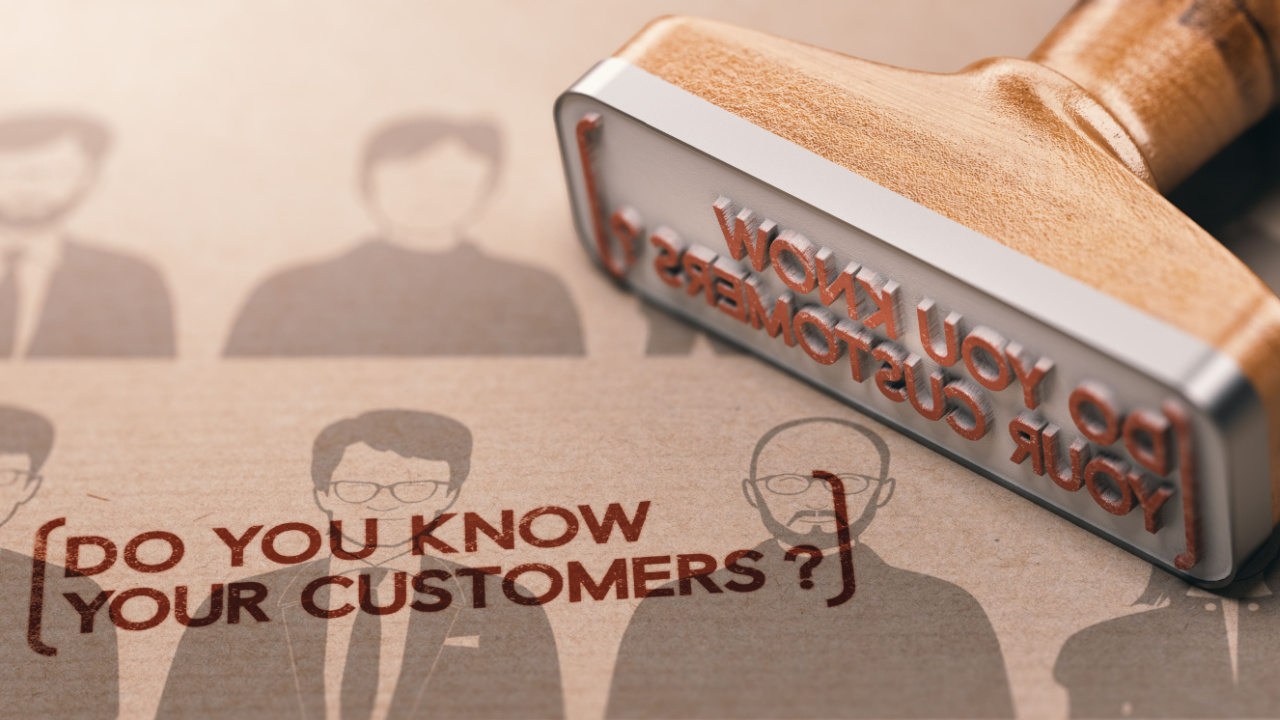
Privacy Coins
One of the most popular and relevant use cases of ZK-proofs in the cryptocurrency industry has been regarding privacy coins. With the coin Zcash as one of the most notable cryptocurrencies dedicated to preserving privacy.
Zcash utilizes zk-SNARKs (Zero-Knowledge Succinct Non-Interactive Argument of Knowledge) to ensure anonymity for coin holders while still validating transactions.
In this article, we will focus on the application of Zero-Knowledge Proofs within blockchain and Bitcoin. But first, let's understand how it works.
How Do Zero-Knowledge Proofs Work?
The essence of ZK-proofs is establishing the truth of a claim without conveying any crucial information about the claim. This relies on interactions between the prover and the verifier. It is these interactions that classify ZK-proofs into two main types:
- Interactive Zero-Knowledge Proofs: These allow back-and-forth communication between the prover and verifier. Due to their convenience, most currently available ZK-protocols fall under this category, with the common ones being ZK-SNARKs and ZK-STARKs.
- Non-Interactive Zero-Knowledge Proofs: Here, two parties engage in only a single step. The prover shares information with an algorithm that computes a zero-knowledge proof. The verifier receives the proof and uses another algorithm to confirm the prover's knowledge.
Zero Knowledge Proofs rely on modern cryptographic techniques and mathematical algorithms to execute their tasks. To learn in detail about their intricacies, check out this blog post.👇
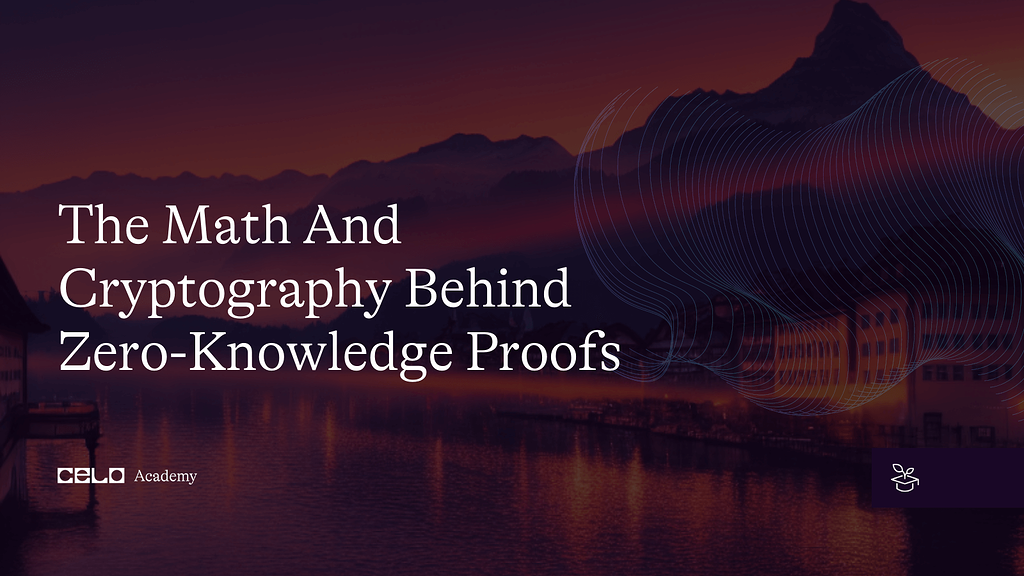
To function effectively, ZK-proofs must satisfy three crucial properties:
- Completeness: If the proof is true and both parties act honestly towards the protocol, the verifier will accept the proof.
- Soundness: If the statement is false, the verifier will not be convinced by the fraudulent proof, and hence the protocol will not verify the information.
- Zero-Knowledge: The verifier learns nothing beyond the truth of the statement.
Practical Example
We can illustrate the mechanics of Zero-Knowledge Proofs through the “Where’s Waldo” example involving Alex (the prover) and Hans (the verifier). Alex proves he knows where Waldo is in an image without revealing Waldo's location.
Alex takes a massive piece of paper to cover up the entire image, only showing Hans the image of Waldo through a small cutout.
This way, he can prove that he knows Waldo’s location, yet Hans will not gain knowledge of where Waldo is since the exact coordinates of Waldo relative to the full image would still be unknown to him.
Bitfinity Bringing Zero-Knowledge Proofs to Bitcoin
ZK-proofs are already common in Ethereum; however, they are not within the Bitcoin blockchain. But if it were up to Bitfinity, this wouldn't take long.
One of the most exciting potential applications of zero-knowledge proofs in the Bitcoin ecosystem is enabling Bitcoin rollups.
ZK-rollups are a Layer-2 scaling solution that bundles numerous transactions into a single one.
More importantly Bitfinity's EVM is exploring incorporating ZKP technology to create Bitcoin rollups that bundle many transactions into a single succinct proof, dramatically increasing scalability.
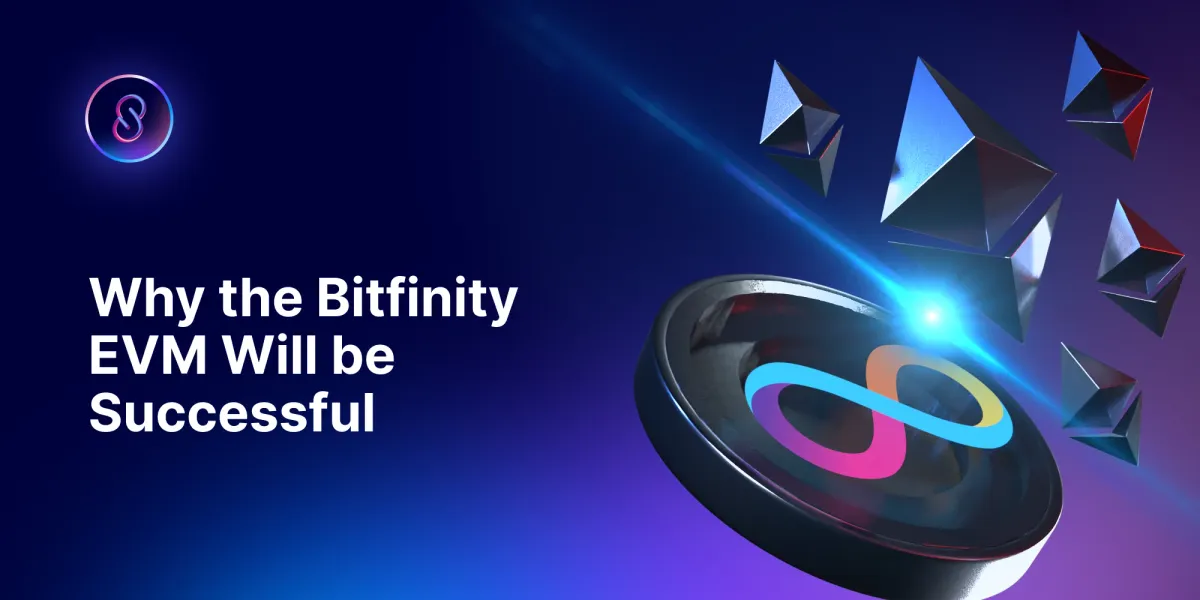
Contributing to Scalability
Bitfinity could contribute significantly to the scalability of Bitcoin. That is, when ZK-rollups allow the verification process to be instantaneous. This would be as a result its unique solution to bundle several transactions into a single one, as we have discussed above.
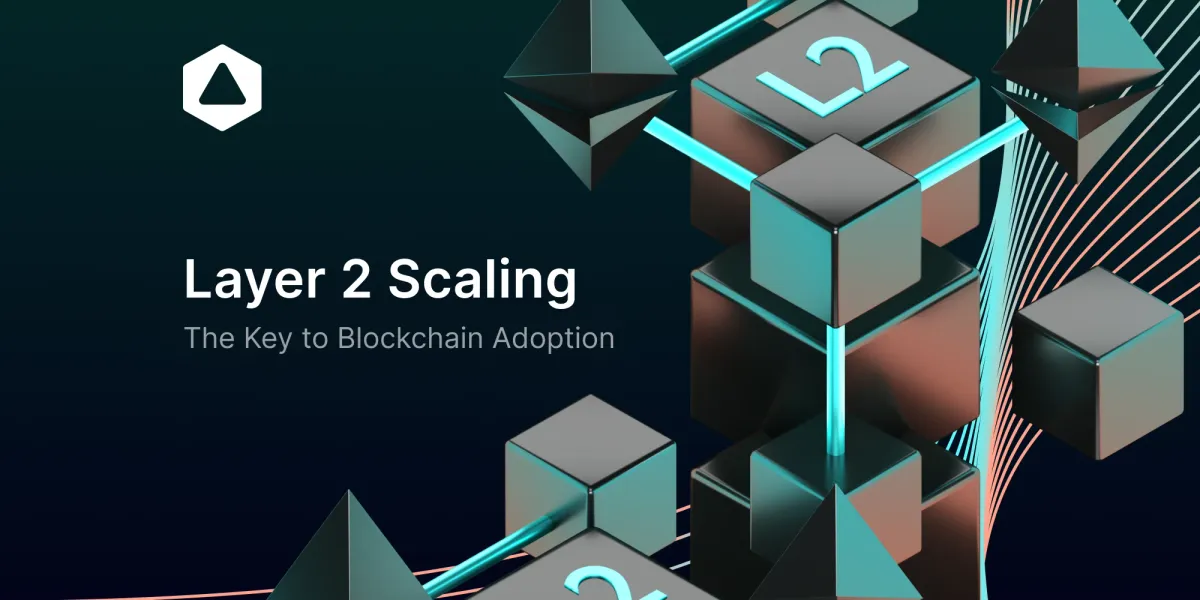
Given the ability of zero-knowledge proofs to be 'load-friendly,' transactions within the Bitcoin blockchain could be processed at high speeds without increasing the size of the unspent transaction output (UTXO) set. And this would add capacity while allowing the processing of thousands of transactions in a single batch.
To learn more about how Bitfinity tackles Bitcoin's blockchain trilemma, read our article here.👇
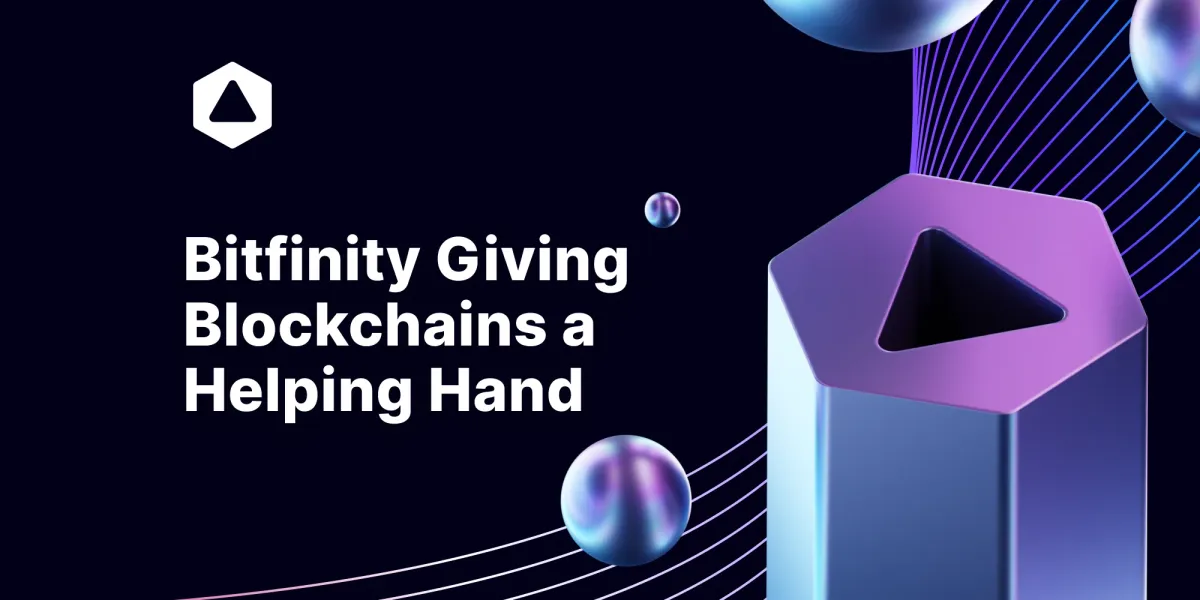
Cross-chain Interoperability
Furthermore, ZKPs could enable seamless and trustless bridge integrations between Bitcoin and EVM-compatible blockchains.
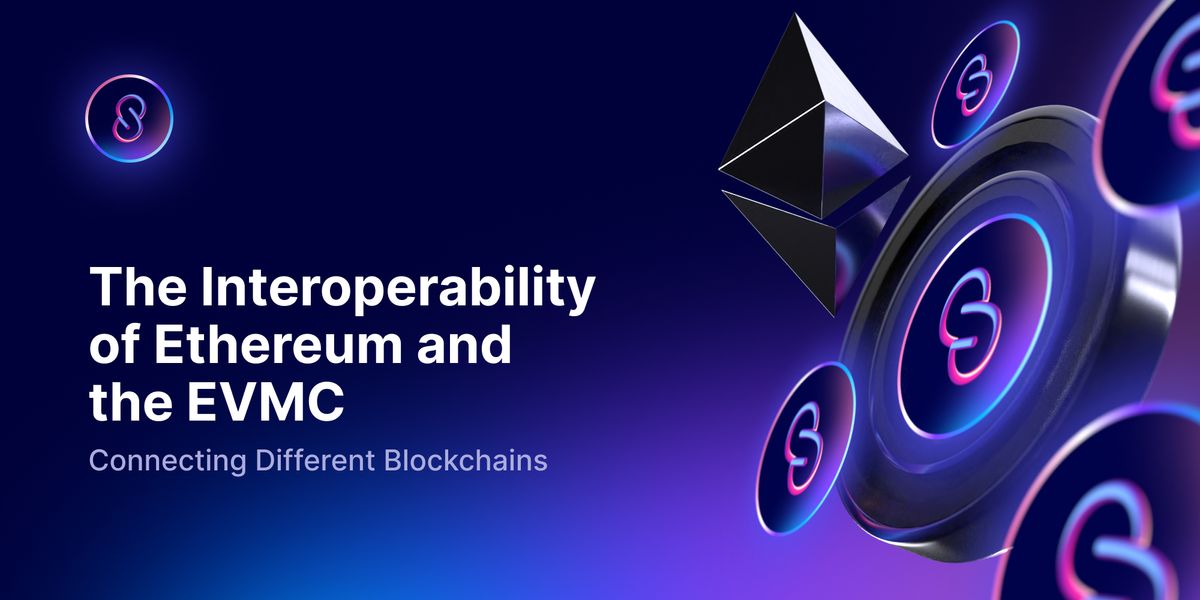
ZK-proofs also can facilitate secure and trustless communication between different networks. It would facilitate cross-chain transfers and atomic swaps without the need for centralized overseers, especially when using the Bitfinity EVM.
Bitfinity is working on bridge solutions to allow users to earn yield on their bridged BTC in DeFi applications on EVM chains.
The combination of Bitcoin rollups and cross-chain bridges powered by ZKPs has the potential to give Bitcoin smart contract capabilities and access to a much wider ecosystem of decentralized applications, while still leveraging Bitcoin's security and immutability as the base layer. This could significantly expand Bitcoin's utility and use cases beyond just being a store of value.
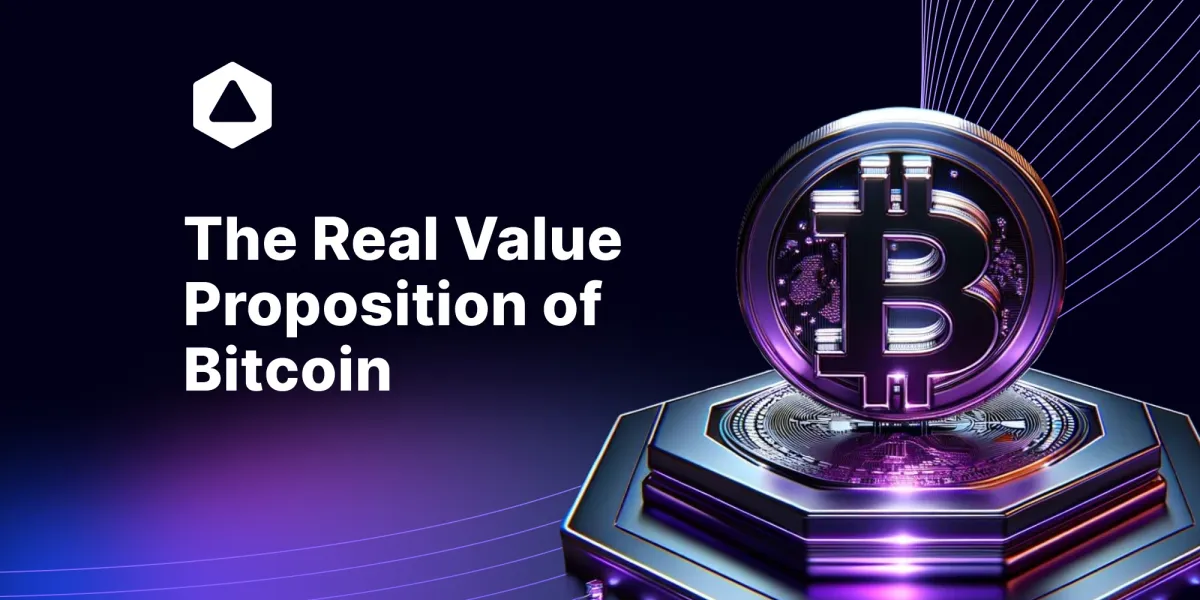
Disadvantages of Zero-Knowledge Proofs
It is important to mention that Zero-Knowledge Proofs are not a magical superpower; they have known downsides that deployers and builders must consider. We will list them briefly. This critique is sometimes valid, and other times it is not.
- High cost: To generate ZK-proofs, complex computational calculations are required, which are best performed on high throughput machines that can be expensive, especially when implementing them into networks like Bitcoin for the first time.
Also, this high cost limits the average person from performing these tasks, leaving them to corporate institutions with proper funding. Additionally, verifying a proof incurs a certain cost which is quite high to some extent. For example, ZK-rollups require 500,000 gas to verify a single ZK-SNARK proof on Ethereum. - May facilitate illegal activities: While ZK-proofs improve privacy by limiting information exposure, they may also facilitate illegal activity in some situations. Criminals may utilize this opportunity to fund their operations given their identity is hidden, which creates difficulties for regulatory compliance, which is already a major pain point in the crypto ecosystem.
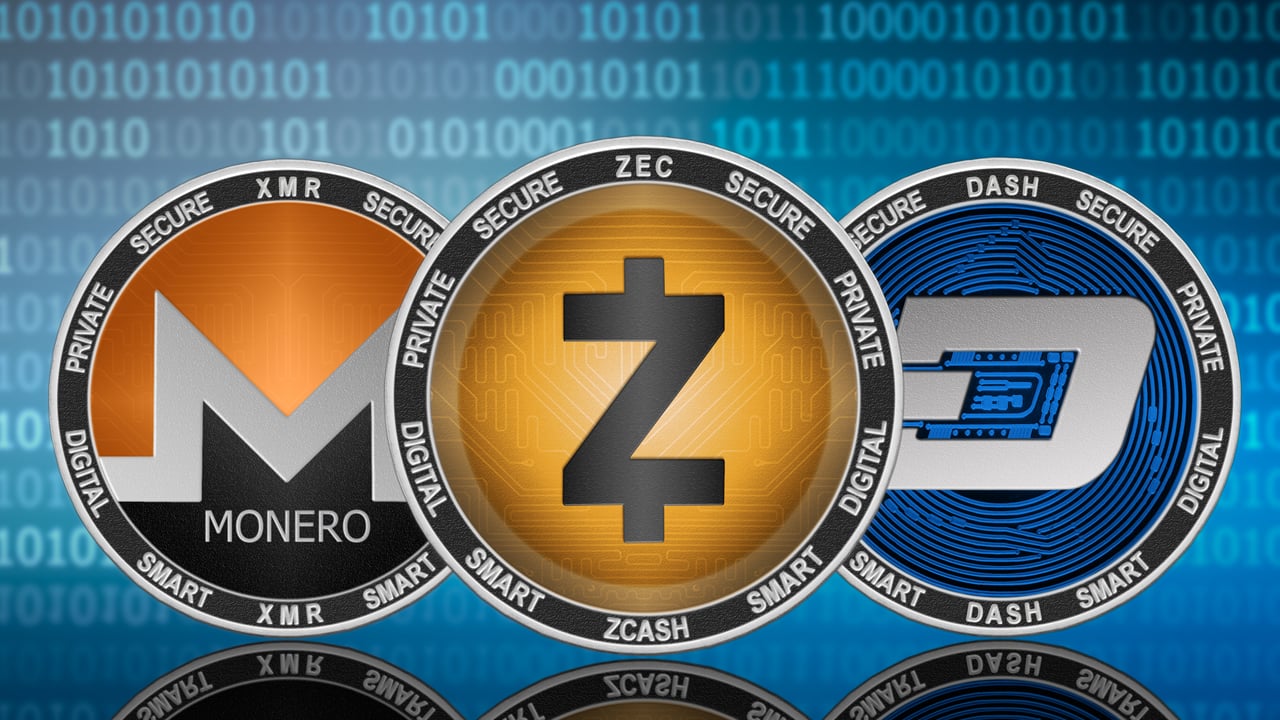
- Limited use and application: ZK-proofs add a layer of complexity that might make the protocol more difficult to audit and verify. This might limit them from being widely used and adopted, but maybe this will change in the future.
ZK-Proofs: The Future
Although there are a few downsides to the use of ZK proofs, we see that if handled correctly, there is nearly infinite potential.
An independent research project estimates that the zero-knowledge proving market could reach $75 million in revenue in 2024, and has the potential to exceed $10 billion in revenue by the year 2030.

This research indicates that Web3 applications alone are expected to require almost 90 billion ZK-proofs in 2030, with the average market clearing price per proof falling from $0.21 in 2024 to $0.12 by 2030.
Bottom Line
Zero-Knowledge Proofs are a powerful cryptographic tool that enable proving the truth of statements without revealing any additional information. They have diverse applications across sectors like digital voting, healthcare, finance, and privacy coins. Within the cryptocurrency space, ZK-proofs are poised to play a crucial role in scaling Bitcoin through ZK-rollups, which bundle multiple transactions into a single proof to dramatically boost throughput.
Bitfinity is at the forefront of bringing ZK-proof technology to Bitcoin, working on solutions to enable Bitcoin smart contracts, cross-chain interoperability with EVM chains, and yield earning opportunities for BTC holders in DeFi applications.
While ZK-proofs do have some disadvantages in terms of high computational costs and potential for misuse, the overall market for ZK-proof generation is projected to reach $10 billion by 2030 driven by surging demand from Web3 applications. As Bitfinity and others continue pioneering work on integrating ZK-proofs with Bitcoin, this transformative technology looks set to significantly expand Bitcoin's capabilities and use cases in the coming years.

Connect with Bitfinity Network
Bitfinity Wallet | Bitfinity Network | Twitter | Telegram | Discord | Github

*Important Disclaimer: While every effort is made on this website to provide accurate information, any opinions expressed or information disseminated do not necessarily reflect the views of Bitfinity itself. The information provided here is for general informational purposes only and should not be considered as financial advice.






Comments ()